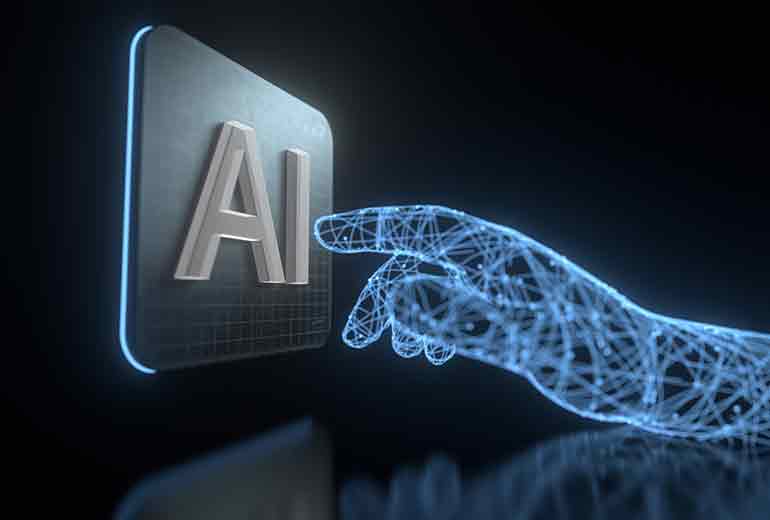The Role of AI in Transforming Digital Marketing has significantly transformed the landscape of digital marketing, offering innovative solutions and insights that enhance efficiency and effectiveness. Here's an overview of the key ways in which AI is playing a pivotal role in transforming digital marketing:
1. Personalization and Customer Experience:
- AI algorithms analyze user behavior, preferences, and past interactions to deliver personalized content and recommendations.
- Chatbots powered by AI provide real-time and personalized customer support, improving overall user experience.
2. Predictive Analytics:
- AI enables predictive analytics, helping marketers forecast future trends and customer behaviors based on historical data.
- Predictive modeling assists in optimizing marketing strategies for better targeting and higher conversion rates.
3. Chatbots and Virtual Assistants:
- AI-powered chatbots and virtual assistants handle routine customer queries, improving response times and providing 24/7 support.
- Natural Language Processing (NLP) allows chatbots to understand and respond to user inquiries in a human-like manner.
4. Content Creation and Optimization:
- AI tools generate and optimize content based on data insights and user preferences.
- Automated content creation platforms utilize AI to produce articles, social media posts, and product descriptions.
5. Search Engine Optimization (SEO):
- AI algorithms, such as Google's RankBrain, influence search engine ranking by understanding and interpreting user queries.
- AI helps in optimizing content for search engines, improving relevance and visibility.
6. Email Marketing Optimization:
- AI optimizes email marketing campaigns by analyzing user behavior and preferences.
- Automated email campaigns can be personalized and targeted based on AI-driven insights.
7. Programmatic Advertising:
- AI facilitates programmatic advertising, automating the buying of ad space in real-time auctions.
- Dynamic ad targeting is enhanced through AI algorithms that analyze user data for precise ad placements.
8. Social Media Insights and Automation:
- AI tools analyze social media data to understand trends, sentiments, and user engagement.
- Automated social media scheduling and posting based on optimal times and user activity patterns.
9. Voice Search Optimization:
- AI technologies enable businesses to optimize content for voice search by understanding natural language queries.
- Voice-activated devices use AI for processing and responding to voice commands.
10. Customer Segmentation:
- AI algorithms segment audiences based on various factors, allowing marketers to tailor campaigns to specific demographics.
- Improved targeting enhances the efficiency of marketing efforts.
11. Fraud Detection and Prevention:
- AI is used for identifying and preventing fraudulent activities in digital marketing, such as click fraud.
- Enhanced security measures protect ad budgets and ensure fair competition.
12. A/B Testing and Optimization:
- AI streamlines A/B testing processes by quickly analyzing and interpreting large sets of data.
- Optimization algorithms identify the most effective variations for better campaign performance.
13. E-Commerce Recommendations:
- AI-driven recommendation engines analyze user behavior and purchase history to suggest relevant products.
- Personalized recommendations improve cross-selling and upselling opportunities.
14. Sentiment Analysis:
- AI-powered sentiment analysis tools evaluate social media and online content to gauge public opinions and sentiments.
- Brands can respond promptly to both positive and negative sentiments.
15. Attribution Modeling:
- AI assists in attribution modeling, determining the contribution of each touchpoint in the customer journey.
- Marketers gain insights into the effectiveness of different channels and campaigns.
The integration of AI in digital marketing not only automates repetitive tasks but also empowers marketers to make data-driven decisions, enhance customer experiences, and stay ahead in the dynamic digital landscape. As technology continues to evolve, the role of AI in shaping the future of digital marketing is expected to expand further.
